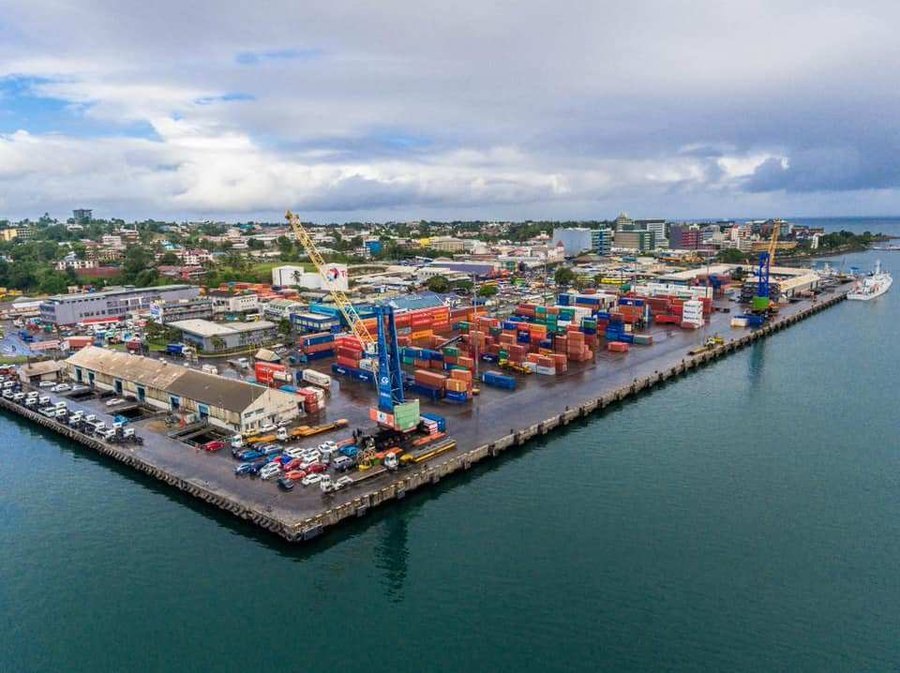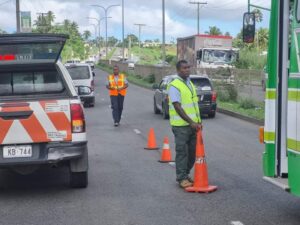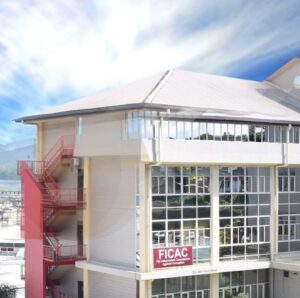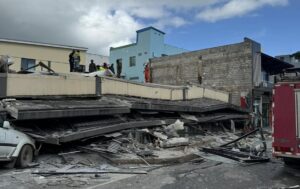Fiji’s Prime Minister Sitiveni Rabuka has called for collective action to address the challenges faced by the country, including unsustainable debt levels, global economic vulnerability, the impact of the COVID-19 pandemic, and geopolitical conflicts.
Speaking at the opening of the 2-day National Economic Summit at the Grand Pacific Hotel in Suva today, Rabuka stressed the need to “strengthen our laws and institutions, restore investor confidence, improve the business environment, protect our natural resources, and rebuild our neglected infrastructure.”
He also highlighted the critical role of the private sector as the “engine of growth” and the importance of promoting trade and building confidence in it.
Rabuka urged all stakeholders, including members of parliament, to participate in the summit with inclusivity, transparent leadership, and genuine dialogue.
“We come together as leaders of a nation,” Rabuka stated, emphasising the need for accountable leadership and consultation with all stakeholders.
The National Economic Summit, Fiji’s first in 15 years, is seen as a crucial step in effecting change in the country’s economy.
Fiji’s Minister for Finance Professor Biman Prasad echoed Rabuka’s sentiments highlighting the importance of public participation in reshaping the economy.
“The Government does not have the experience or the resources to do it alone,” Professor Biman acknowledged.
He urged the different thematic working groups at the summit to continue their collaboration beyond the event, and even suggested co-opting expertise from outside the summit group if needed. “If there are people whose experience and expertise we need, let us include them,” Professor Biman stated.
He acknowledged that there may be challenges and differences in the policymaking process, but underscored the significance of wide public participation in re-shaping Fiji’s economy.
“This is what we promised before coming into Government. And this Summit begins the delivery of that promise,” Professor Biman said.
The summit, which includes plenary sessions and thematic working groups discussing various issues, such as macroeconomic management, governance and reforms, and human development, is seen as a critical platform for addressing Fiji’s economic challenges.
Special focus is being given to issues such as water resource management, energy, technology, rural and outer islands development, and indigenous participation in business, as Fiji seeks to chart a path towards a progressive and prosperous future.
The summit features stakeholders from diverse backgrounds, including political leaders, donor partners, private sector, civil society, faith-based and cultural groups, and academia engaging in robust discussions to find practical and lasting solutions to improve the lives of the people of Fiji.
A communique summarising the conclusions and next steps will be issued at the end of the summit, but as Professor Biman aptly put it, “the summit is only the beginning of the real work.”
Photo: File









